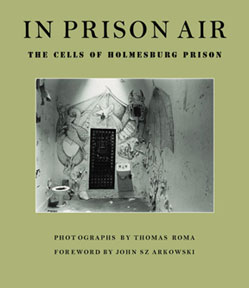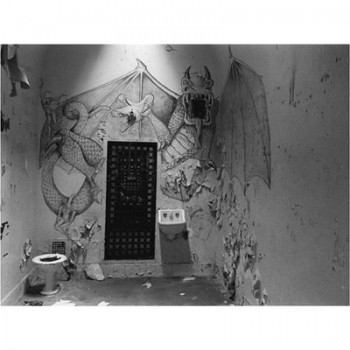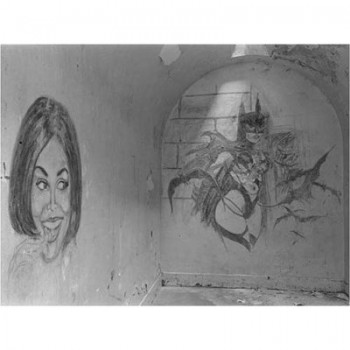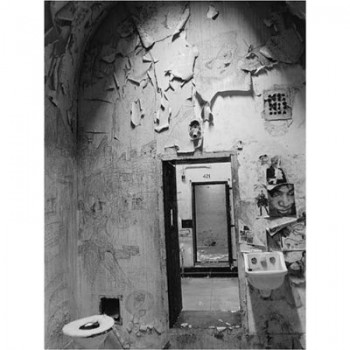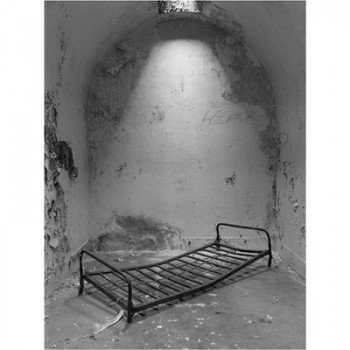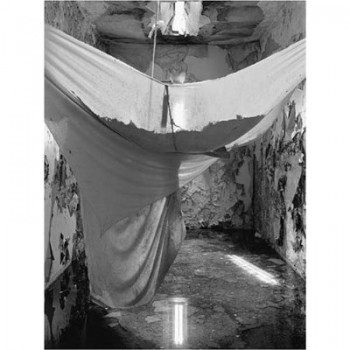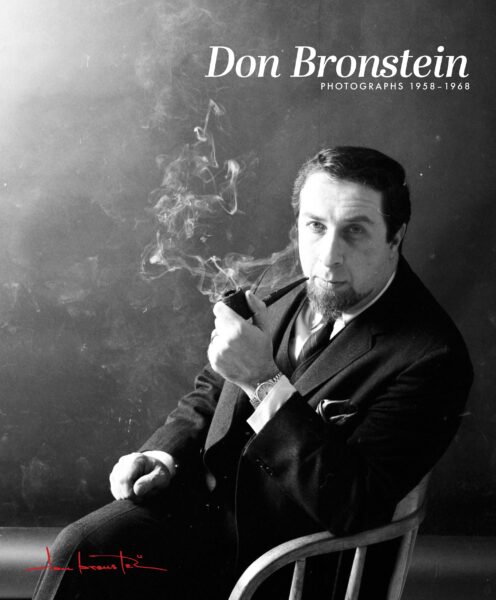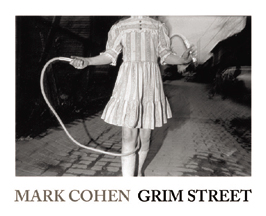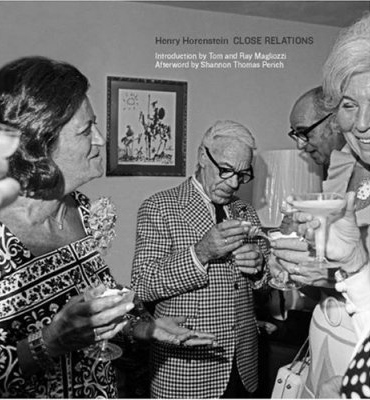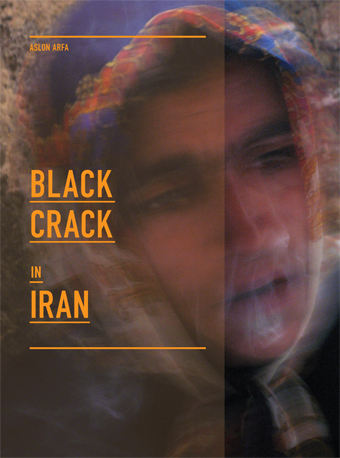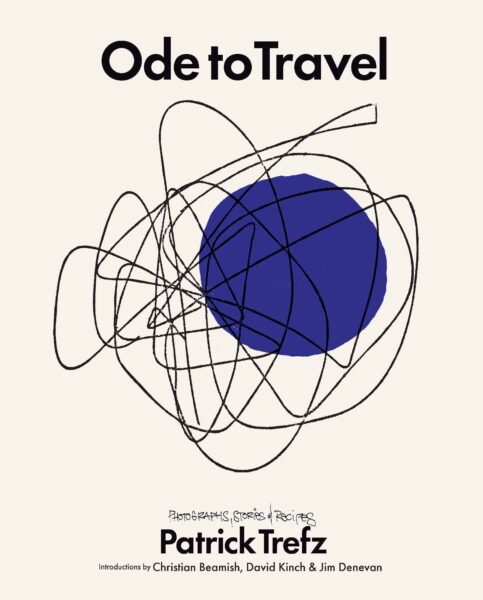$ 45
Order from the powerHouse Shop
Photography / Architecture / American History
Clothbound
12.25 x 13 inches
96 pages
44 duotone photos
ISBN: 978-1-57687-257-4
Photographs by Thomas Roma
Foreword by John Szarkowski
In 1999, photographer Thomas Roma found himself within the walls of Philadelphia’s Holmesburg Prison, one of the most notorious prisons in the United States, doing a special photographic project for Steve Buscemi’s Animal Factory. During downtime Roma wandered through this nineteenth-century fortress, walking in and out of many of its seven hundred or so cells. After Holmesburg’s inception in 1896—on the occasion of which one Philadelphia reporter warned, “Abandon all hope all ye who enter here”—it quickly became the prison for Philadelphia’s worst criminals, eventually packing up to five prisoners into six by eight foot cells designed for single-occupancy. After leaving the site, Roma found his mind often inhabiting the space of the prison with its halls of flaking paint and graffiti-covered cells. Overwhelmed by the evidence of the lives spent inside those small rooms, Roma returned to photograph on his own, creating the images now collected for In Prison Air: The Cells of Holmesburg Prison.
Holmesburg, closed in 1997, is perhaps most well known for a series of scientific experiments carried out on its prisoners over a period of twenty-five years. Sponsored by the U.S. Army, the CIA, the University of Pennsylvania, The Dow Chemical Company, and Johnson & Johnson, the experiments tested the effects of substances ranging from deodorants and hair dyes to LSD and BZ, a compound ten times as strong as LSD, to radioactive isotopes and chemical warfare agents. These tests also included a special climate chamber designed for the study of skin diseases encountered during World War II. Dr. Albert Kligman, the architect of the human testing program at Holmesburg, saw the prison as “acres of skin.…like a farmer seeing a fertile field for the first time.” Now, Kligman’s tests are considered by many to be one of the most explicit violations of the Nuremberg Code, as undereducated and illiterate prisoners almost certainly did not
realize the consequences of their consent. The cells are now empty of the men that endured their squalor, but their presence remains through the detritus and graffiti accumulated over the prison’s century-long history, etched indelibly into Roma’s master lens.
Thomas Roma, a two-time recipient of the Guggenheim
Fellowship, has had solo exhibitions at the Museum of Modern Art and the International Center of Photography, New York. He is the author of Sicilian Passage (powerHouse Books, 2003), Show & Tell (powerHouse Books, 2002), Sanctuary (Johns Hopkins University Press, 2002), Enduring Justice (powerHouse Books, 2001), Higher Ground (Distributed Art Publishers Inc., 1999), Sunset Park (Smithsonian Books, 1998), Found in Brooklyn (W.W. Norton & Co., 1996), and Come Sunday (Museum of Modern Art/Abrams, 1996). Director of Photography at Columbia University, Roma lives in Brooklyn with his wife and son.
John Szarkowski is director emeritus of the Department of Photography at the Museum of Modern Art, New York and was the director of the department from 1962 to 1991, in which time he oversaw more than one hundred exhibitions and the inauguration of MoMA’s photography collection
galleries, and edited and contributed writing to numerous publications. Szarkowski is the recipient of various awards, including two International Center of Photography Infinity Awards and the Royal Photographic Society Progress Medal. He published a retrospective of his photographs, John Szarkowski: Photographs (Bulfinch, 2005), in conjunction with a traveling exhibition launched at SFMOMA, San Francisco
in 2004. Szarkowski lives in New York.

